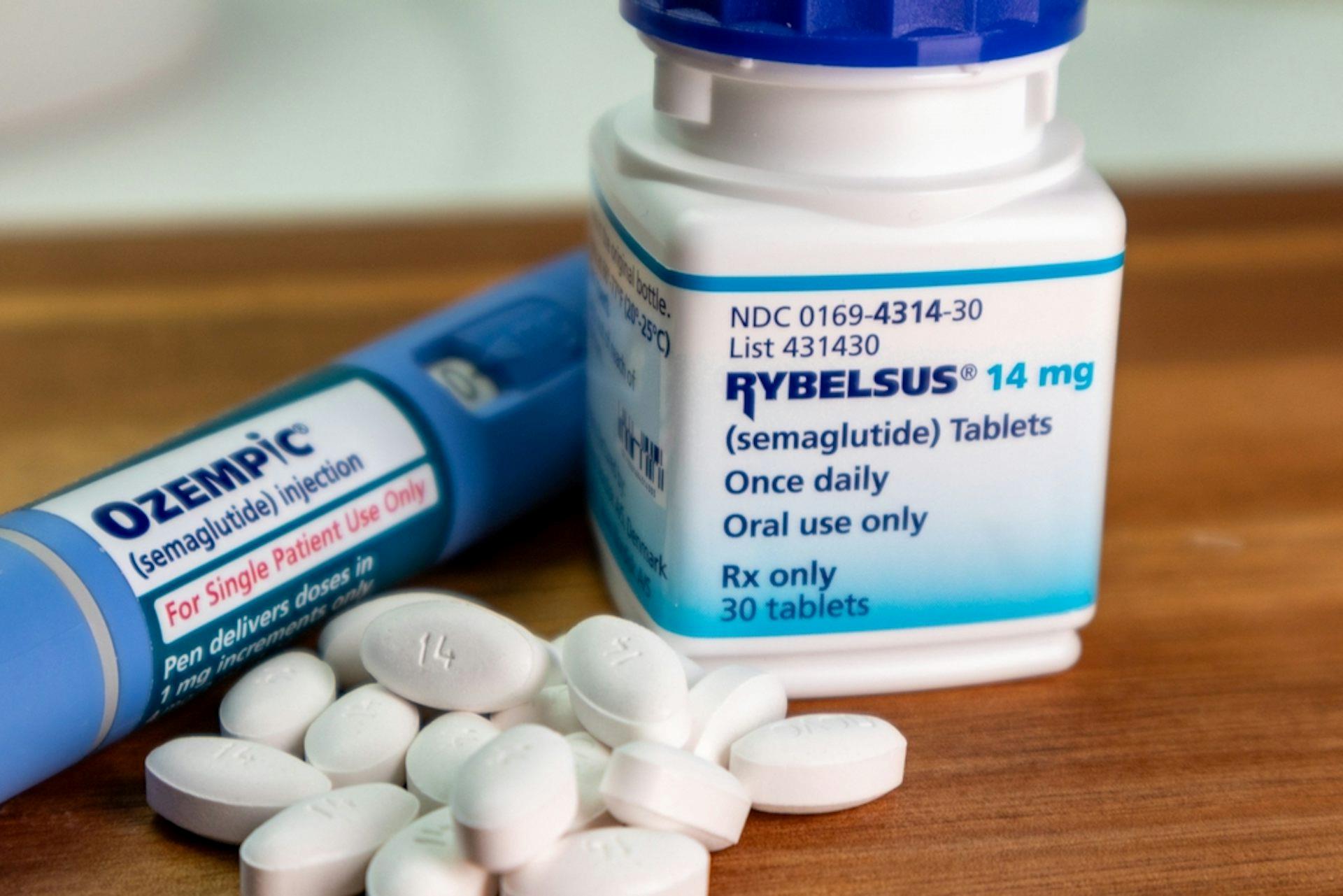
Weight-Loss Drug Doesn't Reduce Risk Of Alzheimer's New Studies
The evoke and evoke+ trials tracked nearly 3,800 people aged 55 to 85 with mild cognitive impairment or early Alzheimer's for two years. Those taking daily semaglutide did no better on tests of memory, thinking skills or day-to-day functioning than those given a placebo.
The drug used was Rybelsus, an oral version of semaglutide normally prescribed for type 2 diabetes. Like Ozempic and Wegovy, it contains the same active ingredient.
Scientists had reason to be hopeful: earlier lab work and studies in people with diabetes suggested semaglutide might offer multiple routes to protecting the brain, from calming inflammation to helping neurons function more efficiently.
Those early hints didn't hold up in patients. Despite encouraging shifts in some biological markers of the disease, the drug failed to slow overall cognitive decline.
The trials were global, randomised and placebo-controlled – the gold standard for testing drugs in people. The main test they used was the Clinical Dementia Rating Sum of Boxes, a score that reflects both thinking ability and how well someone manages everyday tasks.
Researchers also checked memory, behaviour and levels of Alzheimer's-related proteins in cerebrospinal fluid. Although some biological markers improved slightly in people taking the drug, their overall decline was no different from that of those on the placebo.

Rybelsus contains the same active ingredient as Ozempic and Wegovy. KK Stock/Shutterstock
Scientists have been excited about GLP-1 drugs like semaglutide because they appeared to tackle several processes involved in Alzheimer's.
Animal studies showed they might reduce inflammation, improve how the brain responds to insulin, support the cell's“power stations” (mitochondria) and limit the build-up of amyloid plaques and tau tangles. Observational studies in people with diabetes even hinted that those on GLP-1 drugs declined more slowly.
GLP-1 is a hormone released after eating that helps regulate blood sugar. Semaglutide mimics it, triggering insulin release, calming hunger signals and slowing digestion. In the brain, semaglutide activates GLP-1 receptors on neurons and support cells, dampening inflammation, protecting cells from damage and helping them manage energy and metabolism.
Lab experiments have also shown it can reduce the build-up of amyloid and tau. These overlapping effects made semaglutide look like a strong candidate for Alzheimer's – but brain biology often behaves very differently in real patients than in a petri dish or in mice.
Why it might have failedThe negative results may have several explanations. Treatment could have come too late, as drugs that protect brain cells may work best before symptoms appear.
Alzheimer's is a complicated disease, and targeting inflammation or metabolism on their own may not be enough once amyloid and tau have already built up. Also, shifts in blood markers of disease don't always lead to real-world improvements that patients or families can notice, especially over only two years.
The drug's safety looked similar to what's already been seen when it's used for diabetes or weight loss. But with no sign of benefit, Novo Nordisk is dropping plans to extend the study for another year. The full results will be shared at Alzheimer's conferences in 2026, giving researchers a chance to dig into subgroups and additional findings that haven't been released yet.
The headline results give the main answer but leave a lot of details unclear. Researchers will want to see whether any smaller groups of patients reacted differently, how steady the biological changes were, and whether any of the additional cognitive tests showed small effects.
For now, the message is clear: promising biology does not guarantee a working treatment. Semaglutide does influence processes linked to Alzheimer's, but these trials suggest it does not slow symptoms once they begin. For families hoping for progress, it's another reminder of how hard it is to turn experimental promise into real-world gains.
The news had immediate financial fallout. Novo Nordisk's share price dropped sharply, reflecting just how much expectation had built around a potential breakthrough. The results may also shape how pharmaceutical companies approach future trials of weight-loss and diabetes drugs for brain diseases.
For now, though, semaglutide looks unlikely to become an Alzheimer's treatment. Researchers will need to explore other strategies to see if the mechanisms observed in cells and mice can ever translate into meaningful cognitive benefits.

Legal Disclaimer:
MENAFN provides the
information “as is” without warranty of any kind. We do not accept
any responsibility or liability for the accuracy, content, images,
videos, licenses, completeness, legality, or reliability of the information
contained in this article. If you have any complaints or copyright
issues related to this article, kindly contact the provider above.


















Comments
No comment